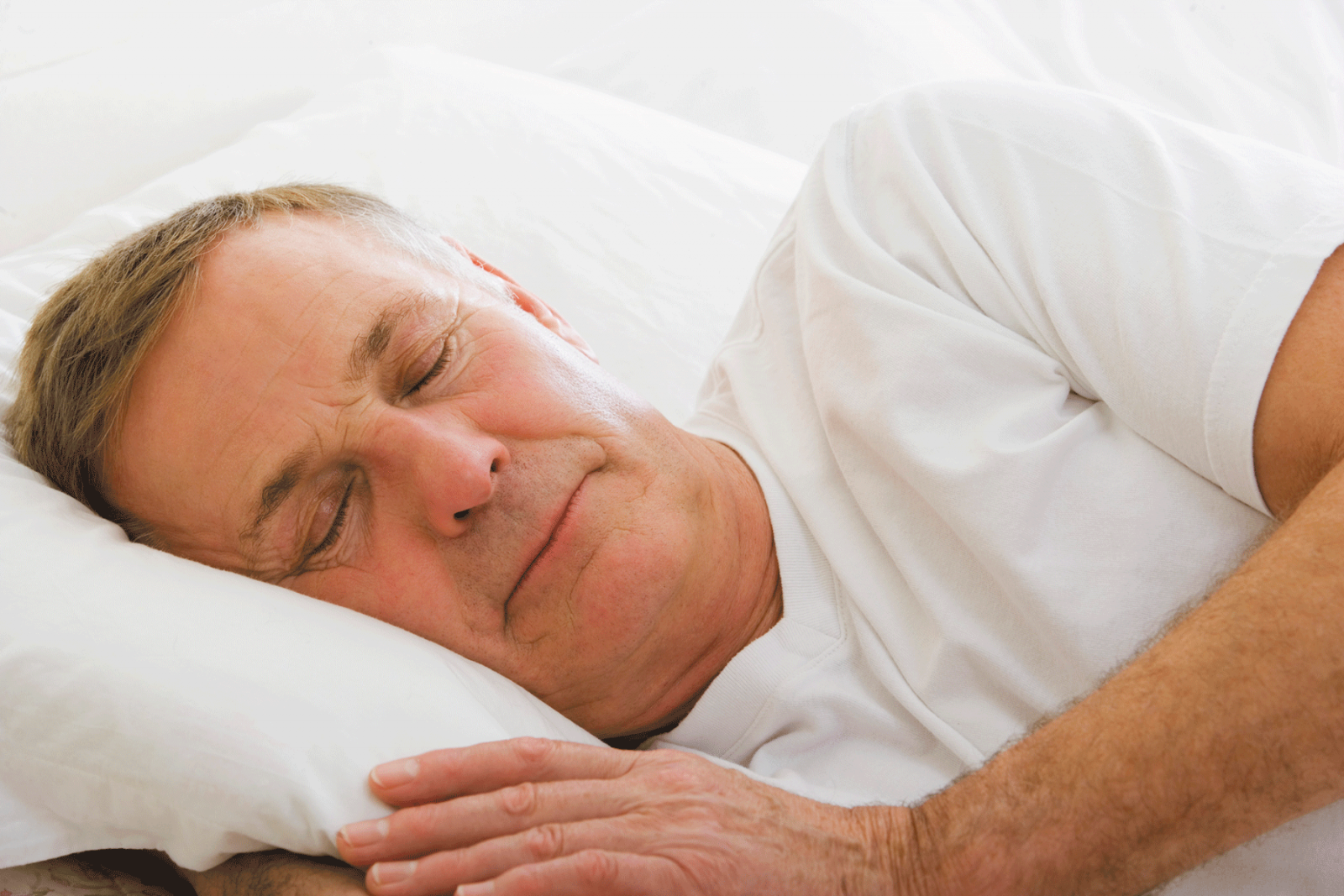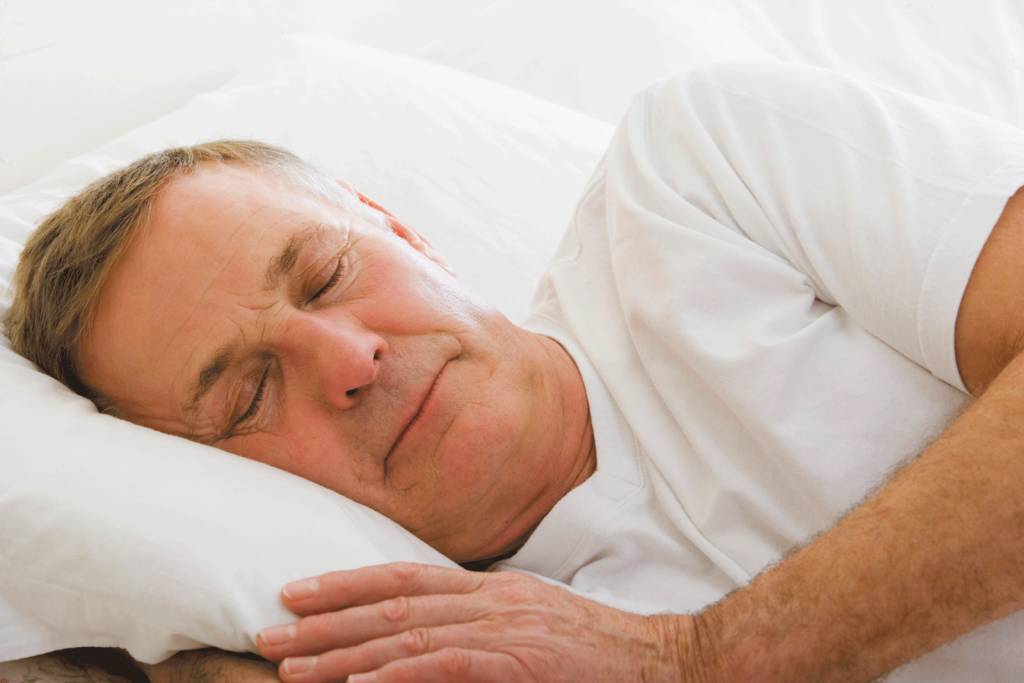
The need for sleep to be healthy
March is the month that we spring forward to daylight saving time. I don’t know why anyone would spring for that. If I had a vote, I’d vote to keep standard time all year. I know I’ll have jet lag from the change next week. So I decided to check out the need for sleep to be healthy.
The CDC website cites several studies that tend to show that adults need at least 7 hours of sleep a day and that 1 out of 3 adults don’t get them.
Studies also indicate that lack of sleep can lead to chronic health issues such as diabetes, obesity, heart disease, depression, and can add to the risk of dementia.

Not getting enough sleep can lead to motor vehicle crashes and mistakes at work which cause injury and disability. Sleep disorders such as insomnia, narcolepsy, restless leg syndrome (RLS), and sleep apnea can also increase a person’s risk for health problems. However these disorders can be diagnosed and treated. Otherwise, the CDC offers the following to help us get the sleep we need:
- Go to bed and get up the same time each day, including weekends.
- Keep the bedroom quiet, dark, and a comfortable temperature.
- Remove electronic devices from the bedroom.
- Avoid large meals, caffeine, and alcohol before bedtime.
- Be active during the day to help you fall asleep at night.
The requirements for sleep by age group is shown below.
| Age Group | Recommended Hours of Sleep Per Day | ||
| Newborn | 0–3 months |
14–17 hours (National Sleep
Foundation)1 No recommendation (American Academy of Sleep Medicine)2 | |
| Infant | 4–12 months | 12–16 hours per 24 hours (including naps)2 | |
| Toddler | 1–2 years | 11–14 hours per 24 hours (including naps)2 | |
| Preschool | 3–5 years | 10–13 hours per 24 hours (including naps)2 | |
| School Age | 6–12 years | 9–12 hours per 24 hours2 | |
| Teen | 13–18 years | 8–10 hours per 24 hours2 | |
| Adult | 18–60 years | 7 or more hours per night3 | |
| 61–64 years | 7–9 hours1 | ||
| 65 years and older | 7–8 hours1 | ||
The first thing I noticed about this table is I don’t have to include my naps.
Although the amount of sleep you get each day is important, other aspects of your sleep also contribute to your health and well-being. Good sleep quality is also essential. Signs of poor sleep quality include not feeling rested even after getting enough sleep, repeatedly waking up during the night, and experiencing symptoms of sleep disorders. The American Academy of Sleep Medicine says: “….if your sleep problems persist or if they interfere with how you feel or function during the day, you should seek evaluation and treatment by a physician, preferably one familiar with assessing and treating sleep disorders.”
Most of us don’t get enough sleep during the week, and then try to make up for it at the weekend with a “lie-in”. Sleep scientists generally don’t advise people do this, as sleep is “not like the bank.”
They also refer to a “Social Jet Lag” that some people create by adding social factors to their weekend. They sleep in 4 hours Saturday and Sunday but also stay up 4 more hours Saturday night. That is like flying Hawaii Friday night and back here Sunday night = jet lag.
It’s just best to try to get 7 hours of sleep and go to bed and get up at the set times.
However, the results of a recent study by Stockholm University, published in the journal Sleep showed that people who slept less than five hours a night, or more than 8 hours a night, had much higher rates of mortality than those who slept more. Overall, it was the average amount of sleep somebody got that seemed to make a difference. Torbjörn Åkerstedt, a biological psychology professor at the Center for Stress Research at Stockholm University, and lead author of the study, said this seems to show that if you suffer from bad sleep over the week, and make up for it at the weekend, you might be doing your body a favour. “It seems like you actually can compensate by catching up on sleep during weekends,” Åkerstedt said. “This is in effect an argument for lazing around all weekend. There probably is an upper limit, but it’s better to increase [sleep hours] on the weekend rather than not doing it at all.”
Finally, Researchers from the University of Warwick in the U.K. found that a firstborn child can disrupt parents’ sleep for up to six years.We have 4 kids. That’s like 24 years of disrupted sleep. No wonder I’m tired. I think I’ll take a nap.

Health Director
Roberto keeps a busy schedule – operating a neurology clinic in Mansfield with two daughters in college and one in high school – but decided it was a good time to join the Knights after witnessing the Order’s good works for so many years. He’s from Corpus Christi, graduated from the University of Texas Medical School in Houston in 1989, and came to our area when doing his training at UT Southwestern. He and wife Gloria, who’s from Dallas, met at a singles function at St. Rita’s parish and have been married for 21 years. Maria, 20, attends Oklahoma State. Marisa, 18 will start at SMU this fall. Monica, 16, will be a junior at Bishop Dunne, which all the girls have attended. The Nietos have lived in Cedar Hill for 15 years and have been Holy Spirit parishioners for five years.

